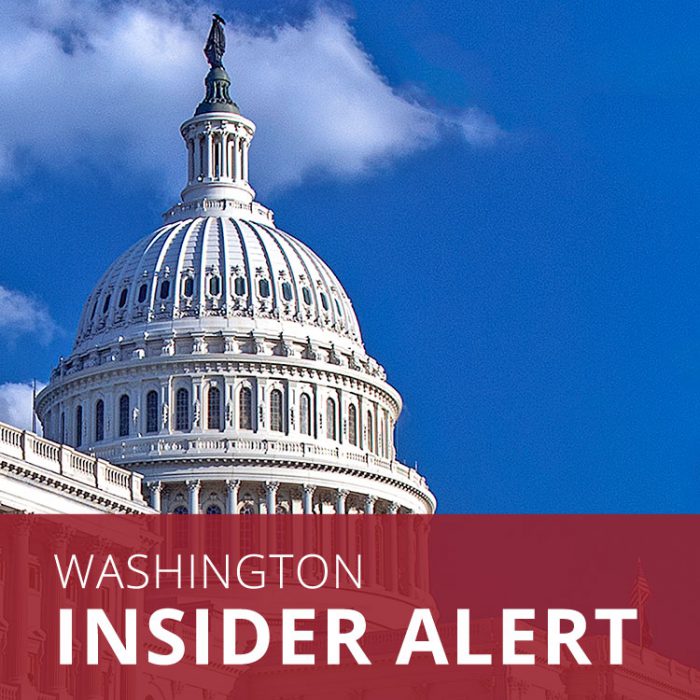Learning and professional development.


 November 9, 2020 (WASHINGTON INSIDER ALERT) - Although a Georgia recount and various lawsuits have slowed the certification process, Joe Biden appears to be on track to become the 46th president of the United States.
November 9, 2020 (WASHINGTON INSIDER ALERT) - Although a Georgia recount and various lawsuits have slowed the certification process, Joe Biden appears to be on track to become the 46th president of the United States.
Democrats will remain in control of the House of Representatives, but their margins are smaller than in the 116th Congress. As of November 9, 2020, the Democrats have a 215-196 majority with 24 seats still undecided.
The Senate currently stands at 48 Republicans and 48 Democrats; this includes the two Independents who caucus with the Democrats. Control of the chamber will be determined by two run-off elections in Georgia. The state requires candidates to receive over 50 percent of the votes, but in both 2020 Senate races, candidates were unable to reach that target. The run-offs will be held on January 5. The other outstanding Senate races — in North Carolina and Alaska — are expected to go to the Republicans.
During the campaign, the Biden administration laid out its proposed agenda on higher education and workplace policies. The president-elect is expected to pursue policy initiatives from the Obama administration that were halted or reversed under President Trump, including recognizing students who work for their colleges or universities as employees under the National Labor Relations Act and implementing the Fair Pay and Safe Workplaces Executive Order that established debarment procedures for entities that allegedly violated federal and state labor and employment laws.
The administration is also expected to undo several Trump-era regulations and actions, including rescinding rulemakings at the National Labor Relations Board that limited Obama-era policies shortening the timeframes of union representation elections, the Department of Education’s changes to Title IX regulations governing sexual misconduct on campus, and the Executive Order on diversity training among federal contractors.
Additionally, the administration plans to create a Cabinet-level working group focused on promoting collective bargaining and increasing union density, and Biden has pledged to increase enforcement agency funding for and attention to enforcement.
While Congress as a whole will remain divided, the 117th Session of the House may pass several bills on workforce issues, including the Protecting the Right to Organize (PRO) Act, the Raise the Wage Act, the Healthy Families Act and the Paycheck Fairness Act. Some of these bills, such as the PRO Act, probably will not be considered by a Republican-controlled Senate, but there may be compromise on others, including legislation on pay equity, sick and caregiver leave, workforce development, and infrastructure.
This website uses cookies to understand your use of our website and to give you a better experience. By continuing to use our site or by closing this banner without changing your cookie settings, you agree to our use of cookies. To find out more about our use of cookies and how to change your settings, please go to our Privacy Policy.

